The Innovators: Stax Artist Spotlights
 In the wake of a rebuilding period at Stax Records in the late 1960s, a shining example of the potential of the Memphis Sound came from an unlikely source: a trio of singing sisters exported from the Midwest.
In the wake of a rebuilding period at Stax Records in the late 1960s, a shining example of the potential of the Memphis Sound came from an unlikely source: a trio of singing sisters exported from the Midwest.
Before they were The Emotions, siblings Jeanette (born in February 1950), Wanda (born in December 1941), and Sheila (born in January 1953) performed under several names in and around their native Chicago. Noted for their knack for gospel music, they’d appear as Three Ribbons and a Beau with their father, Joseph Hutchison, a guitarist and songwriter. In 1962, they’d release the holiday single “Santa Got Stuck in the Chimney” backed with “Christmas Morn’” as The Hutch Stereo’s for Local Records. The group would also become known for variations on the name The Hutchinson Sunbeams or Heavenly Sunbeams, such as on their 1964 single “Sing a Song.” The doo-wop tune found a home on Tollie Records, a subsidiary of Vee-Jay Records that would release The Beatles’ “Twist and Shout” in that same year.
In their final name change, the group settled on The Emotions around the same time they connected with their longtime manager, Pervis Staples, who shared the family band sensibilities of the Hutchinson clan. After all, his siblings and father joined to found The Staple Singers, led by Roebuck “Pops” and Mavis Staples, the latter of which also took a keen interest in The Emotions’ budding musical talents.
In 1967, Pervis Staples aided The Emotions in the release of “I Can’t Stand No More Heart Aches” backed with “You’d Better Get Pushed to It” on Brainstorm Records. In 1968, the group continued with several more songs released on Twin Stacks Records, including “I Can’t Control These Emotions,” “Brushfire,” “Never Let Me Go,” “I Love You but I’ll Leave You” (written by Sheila Hutchinson), and “Somebody New.” The latter single garnered the group their first minor hit, picking up distribution with Deep Soul Records in the United Kingdom.
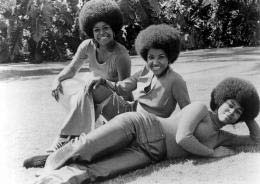
Setting his sights on a long-term home for the group, Pervis Staples leveraged the success of The Staple Singers on Stax Records. He nudged the Memphis company’s superstar songwriters David Porter and Isaac Hayes to take notice of the Hutchinson sisters’ growing popularity among their Midwest audiences. Auditioning for Hayes and Porter, the group performed an early version of “So I Can Love You,” a song written by Sheila, the youngest of the sibling singers. When the song was soon released as The Emotions’ debut single on Stax’s Volt Records imprint, Sheila was only 16 years old.
It’d also mark the group’s first widespread commercial hit, landing at no. 3 on the U.S. R&B chart and crossing over to no. 39 on the pop chart.
When their debut LP, also titled So I Can Love You, hit store shelves in August 1969, Porter and Hayes led the way on production and arrangement. Remarkably, the hit songwriters left ample room for the Hutchinson sisters to showcase their prowess as composers. Along with contributions from Pervis Staples, each Hutchinson sister receives credit for writing on the album. Among them, Jeanette rounds out the latter half of the LP, which ends with two of her originals, “It’s Not Fair” and “Two Lovers.”
The album is characterized by delicate songwriting, playing up the bashful innocence of its young performers, as well as the decadence of their veteran voices. Behind the success of the album and its title track, 7” cuts “Stealing Love” and “When Tomorrow Comes” also found their way to the U.S. R&B chart.
However, the breakout success of Isaac Hayes’ 1969 sophomore album, Hot Buttered Soul, left David Porter in need of new collaborators when the time came to produce The Emotions’ second full-length LP. Alongside Hayes, Porter returned to the studio producing and arranging with a cast of Stax journeymen that included Ronnie Williams, Onzie Horne, Dale Warren, and Don Davis.
Furthermore, the group underwent a lineup change. Leading up to the album’s recording sessions, Jeanette Hutchinson took a leave of absence from the trio to wed and start a family. The decision made way for Theresa Davis, a cousin of the siblings and fellow member of Pervis Staples’ stable of mentees, to join their ranks.
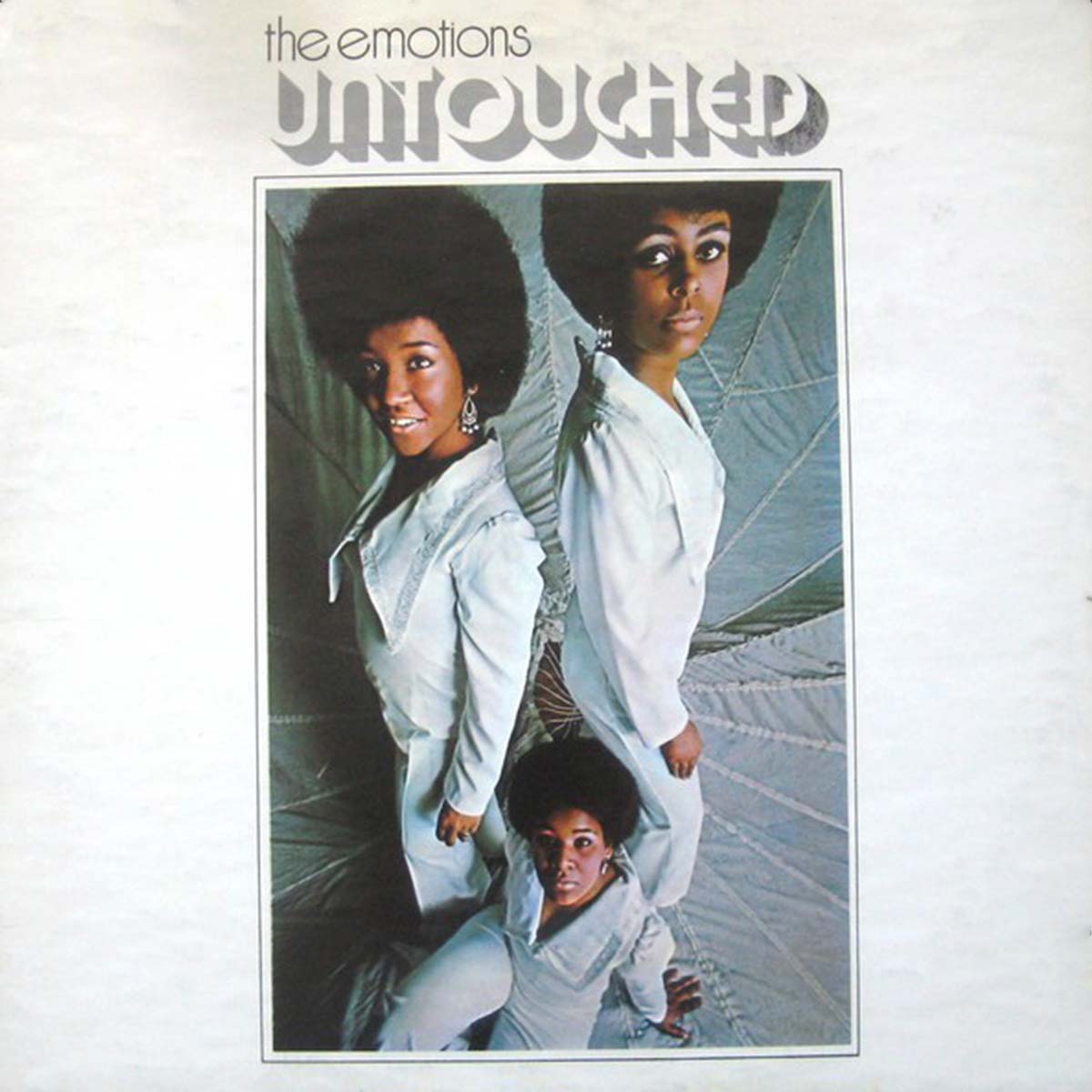 Not forgotten, though, Jeanette receives credit on the group’s second album, 1972’s Untouched. On the record, noted for a slightly more mature turn in subject matter, she wrote the album track, “Nothing Seems Impossible.” Wanda and Sheila Hutchison share writing credits with Theresa Davis on the album’s closer, “Boy, I Need You.” And this time around, the group collaborated with a Hutchison brother, Joseph, Jr., who penned “Boss Love Maker” and “It’s Been Fun.”
Not forgotten, though, Jeanette receives credit on the group’s second album, 1972’s Untouched. On the record, noted for a slightly more mature turn in subject matter, she wrote the album track, “Nothing Seems Impossible.” Wanda and Sheila Hutchison share writing credits with Theresa Davis on the album’s closer, “Boy, I Need You.” And this time around, the group collaborated with a Hutchison brother, Joseph, Jr., who penned “Boss Love Maker” and “It’s Been Fun.”
Standout single, “Show Me How,” written by Isaac Hayes, would bring The Emotions back to prominence on the R&B chart, cracking the top 20 slots. “My Honey and Me” enjoyed similar success in 1972.
In 1973, the group appeared prominently in the concert documentary film Wattstax. Though their set was cut from the concert the film is based around, due to the program running over on time, the group’s on-screen segment was recorded days prior in a nearby church. In the scene, the Hutchinson sisters and Davis perform a moving rendition of “Peace Be Still” in a packed chapel, harkening back to their formative days as a family gospel ensemble. The song, itself, was a well-known tune, familiar to the Hutchinson sisters, who regularly sang it at family gatherings. A decision by the Stax Organization to release The Emotions’ rendition of the song as a single failed to grab the attention of gospel fans, though. Nor would their version resonate with secular audiences.
Subsequently, any momentum harnessed by The Emotions would fade by the Stax Organization’s closing in 1975, as the group’s contract expired just before the label shut its doors.
Miraculously, the group found a breath of new life on Columbia records, emerging under the guidance of Earth, Wind, & Fire founder Maurice White. In 1977, The Emotions’ fourth album Rejoice earned them a platinum seller, charting at no. 1 on the R&B albums chart, and a no. 7 slot on the Billboard 200 chart. The album’s fortunes were super-charged by the crossover success of the disco single “Best of My Love,” which topped both the R&B and Top 40 charts in the U.S. The song also scored the group a GRAMMY® Award for Best R&B Performance by a Duo or Group With Vocals and an American Music Award for Favorite Soul/R&B Single. In 1979, the group joined Earth, Wind, & Fire, as featured vocalists on the song “Boogie Wonderland,” another smash hit that netted a GRAMMY nomination.
Although The Emotions are noted widely for disco-era hits such as “Don’t Ask My Neighbors” and “I Don’t Want to Lose Your Love” that followed their tenure on Stax Records, the group’s earlier singles crept back onto radio by way of hip-hop in the 1980s and 1990s. In 1988, Big Daddy Kane made liberal use of the melody from The Emotions’ 1972 single “Blind Alley” for his own “Ain’t No Half Steppin’.” Famously, Wu-Tang Clan’s Raekwon The Chef joined Nas and Ghostface Killah to rap over a loop of The Emotions’ “If You Think It (You May As Well Do It),” also released in 1972, for their 1995 song “Verbal Intercourse.” Embracing the trend, The Emotions have collaborated directly with admirers from the hip-hop realm who seek to pay homage, lending their vocals to contemporary artists such as LL Cool J, Snoop Dogg, and Terrace Martin.
The Innovators: Stax Artist Spotlights ARCHIVE
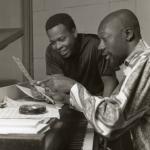
Stax Records — After 1975
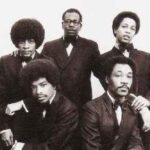
Ollie & The Nightingales
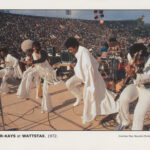
The Bar-Kays
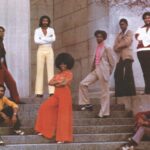
24-Carat Black

The Temprees
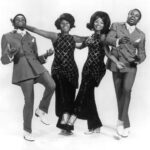
The Soul Children

The Mar-Keys

Delaney & Bonnie

Stax Groups – The Astors, Jeanne & The Darlings & the Charmels
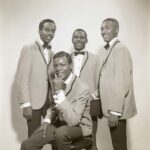
The Mad Lads
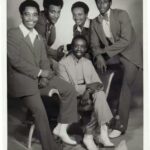
The Dramatics
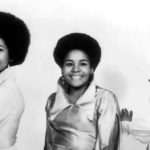
The Emotions

Johnnie Taylor
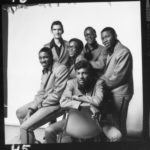
The Bar-Kays
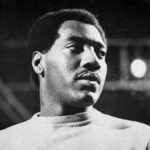
Otis Redding
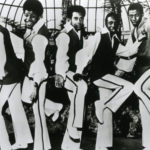
The Dramatics
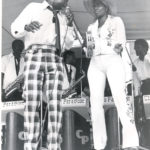
RUFUS & CARLA THOMAS
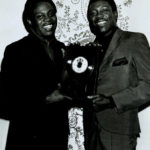
Sam & Dave
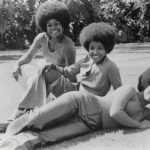
The Emotions


